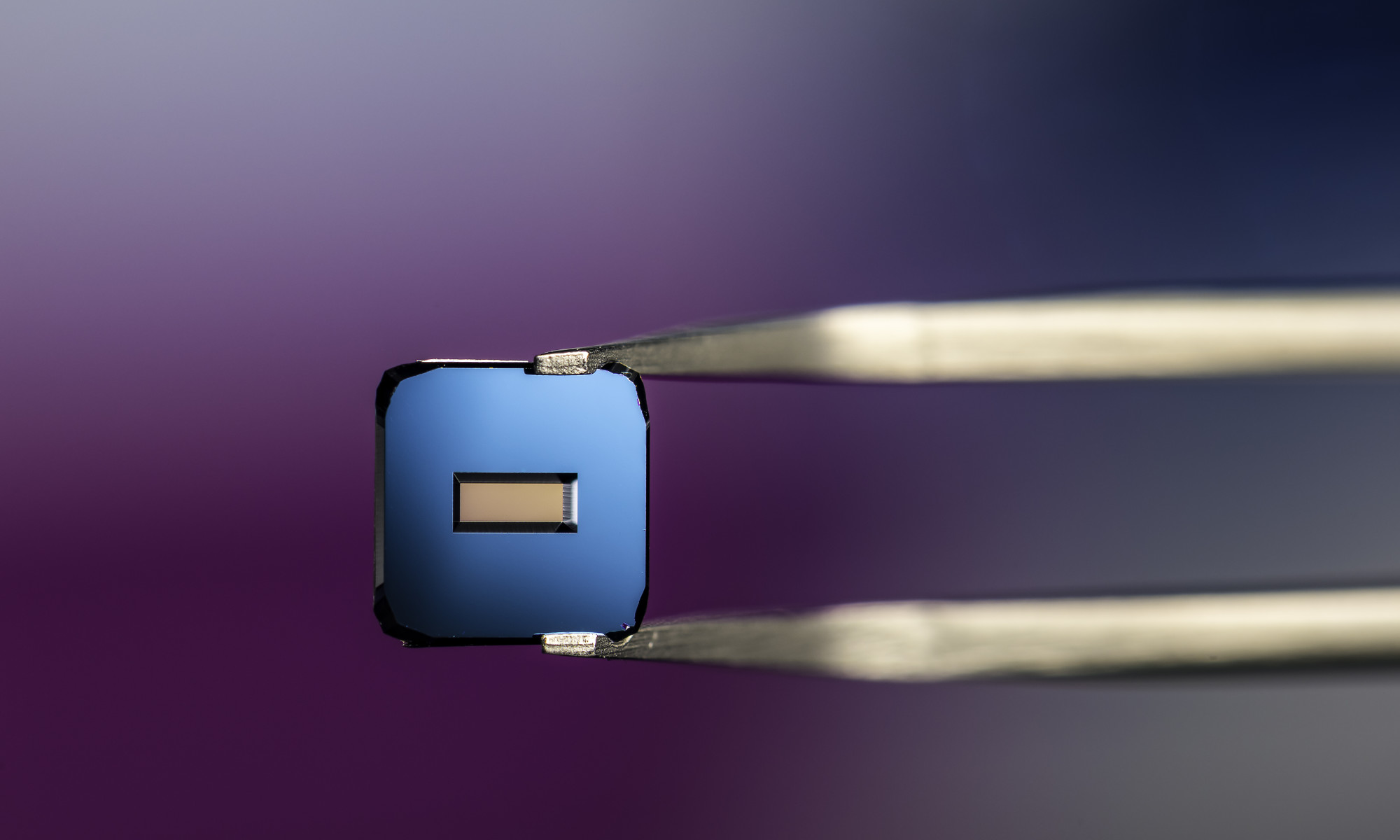
New NIH-funded center could soon reduce the need for pharmaceutical trials on animals
Rochester is one of four NIH-sponsored centers that aims to produce tissue-on-chip devices as FDA-qualified drug development tools.
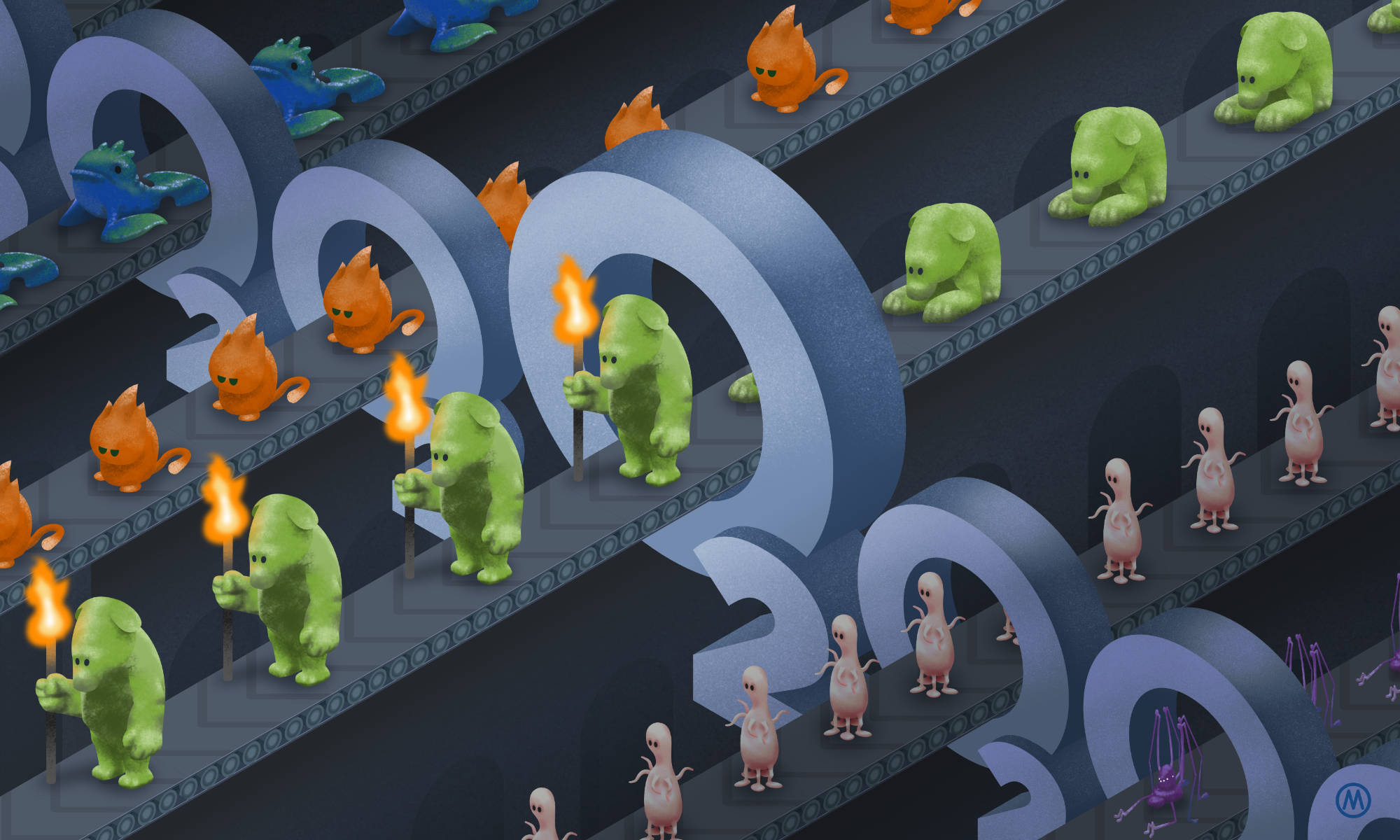
Is oxygen the cosmic key to alien technology?
Rochester astrophysicist Adam Frank explores the links between atmospheric oxygen and detecting extraterrestrial technology on distant planets.
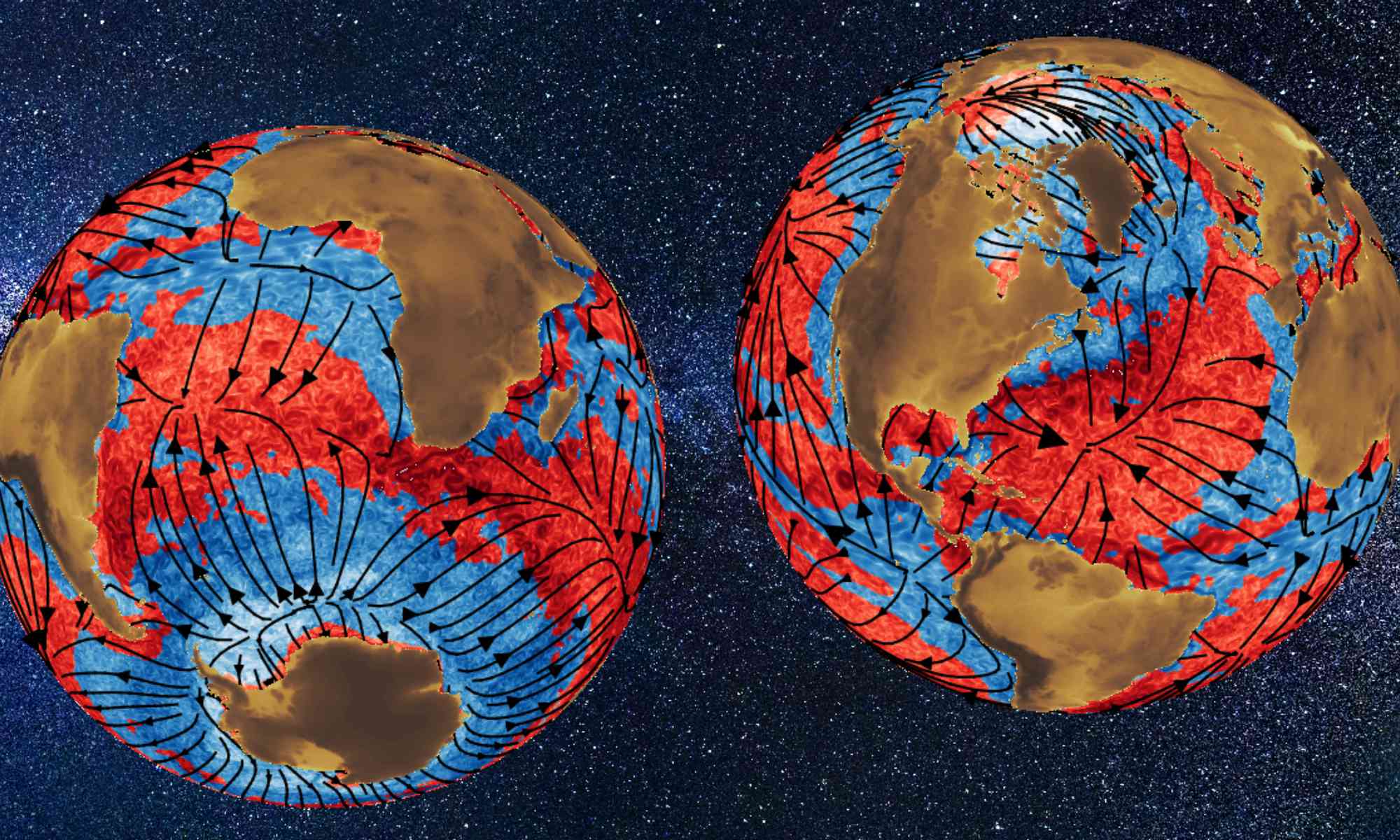
Scientists uncover link between the ocean’s weather and global climate
Using mechanical rather than statistical analysis, an international team of scientists offers a new framework for understanding the climate system.
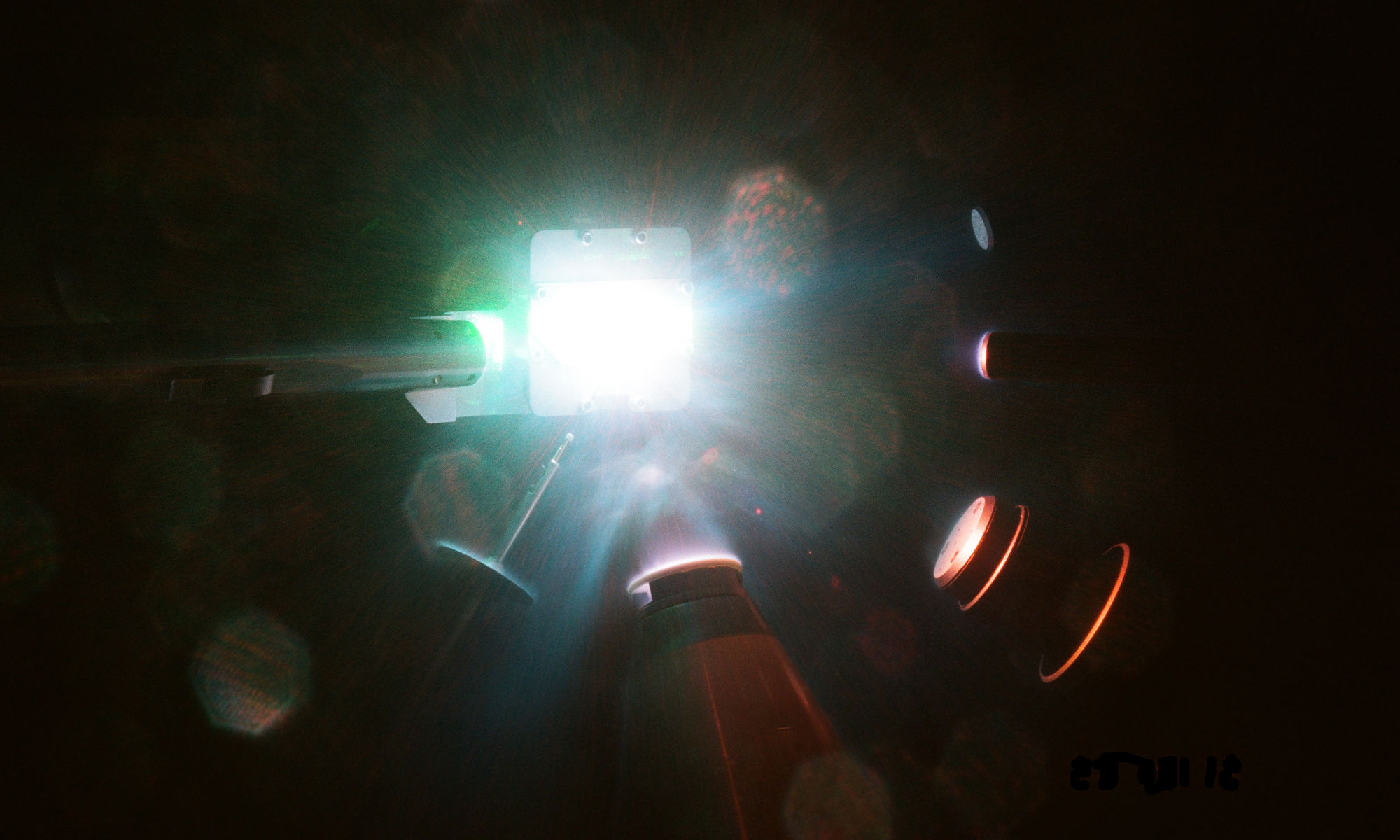
Machine learning boosts search for new materials
Rochester scientists have developed deep-learning models that can sift through the massive amounts of data generated by X-ray diffraction techniques.
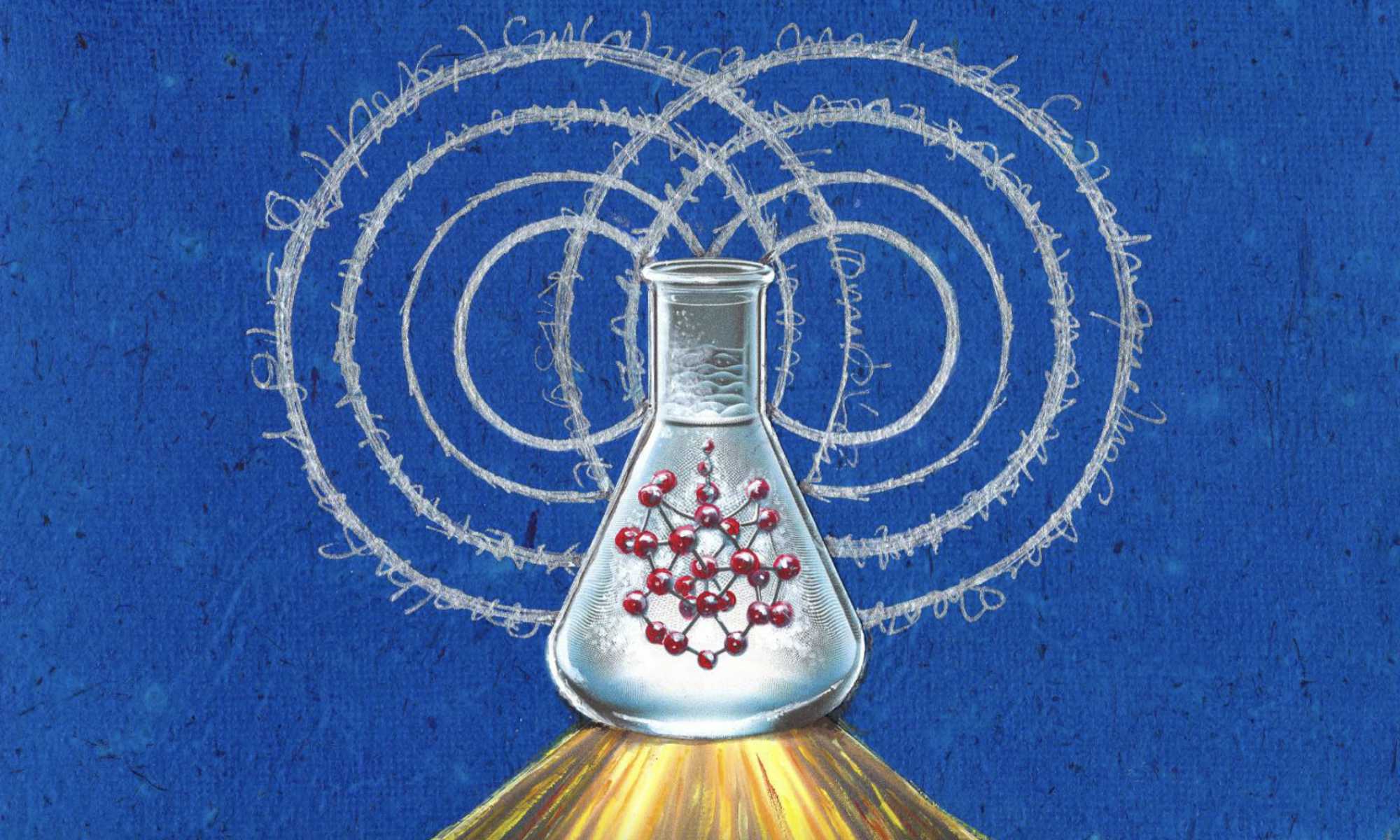
New strategy reveals ‘full chemical complexity’ of quantum decoherence
The findings can be used to design molecules with custom quantum coherence properties, laying the chemical foundation for emerging quantum technologies.
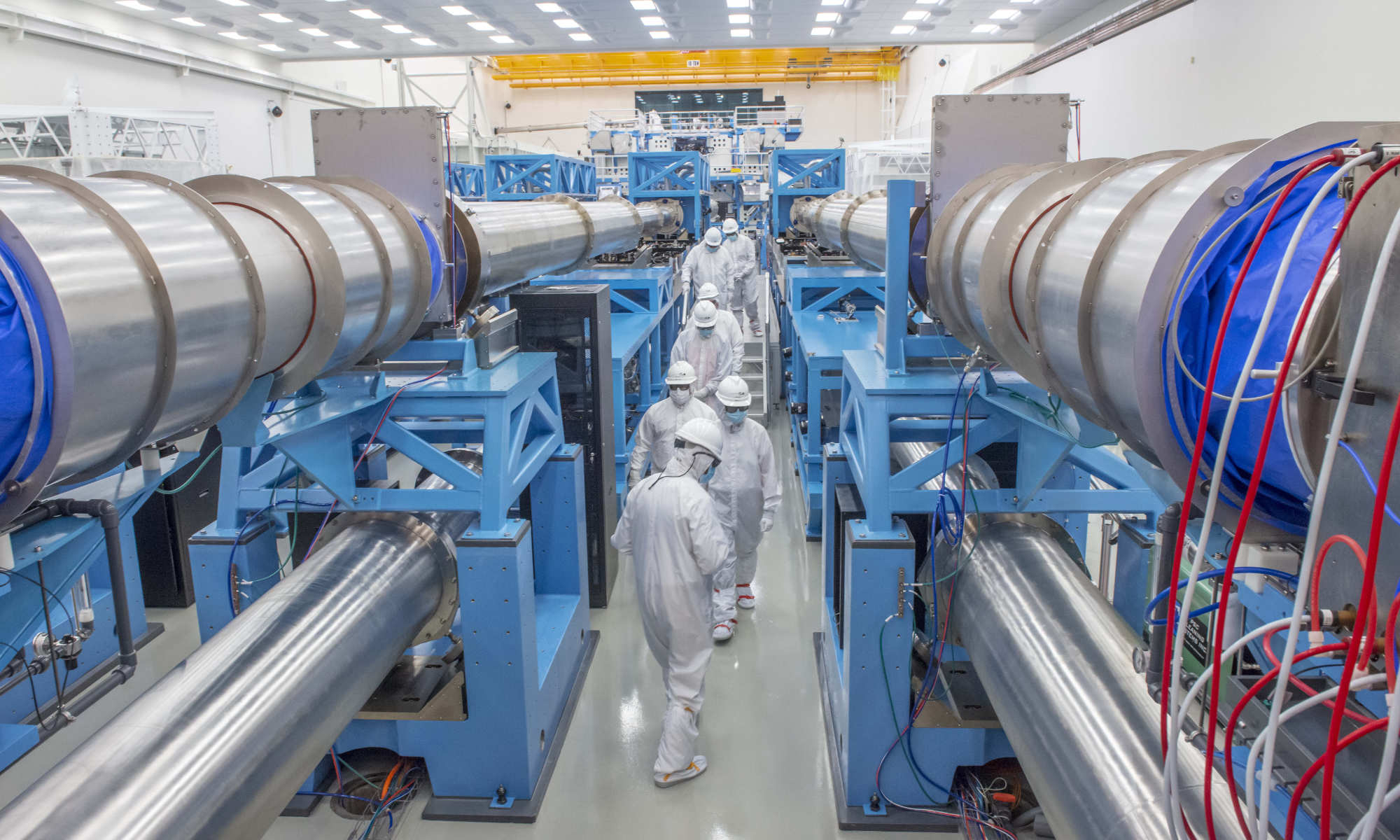
National Nuclear Security Administration awards record funding for Laser Lab
The new cooperative agreement between NNSA and the University builds on the laboratory’s significant scientific productivity and contributions to national security efforts.
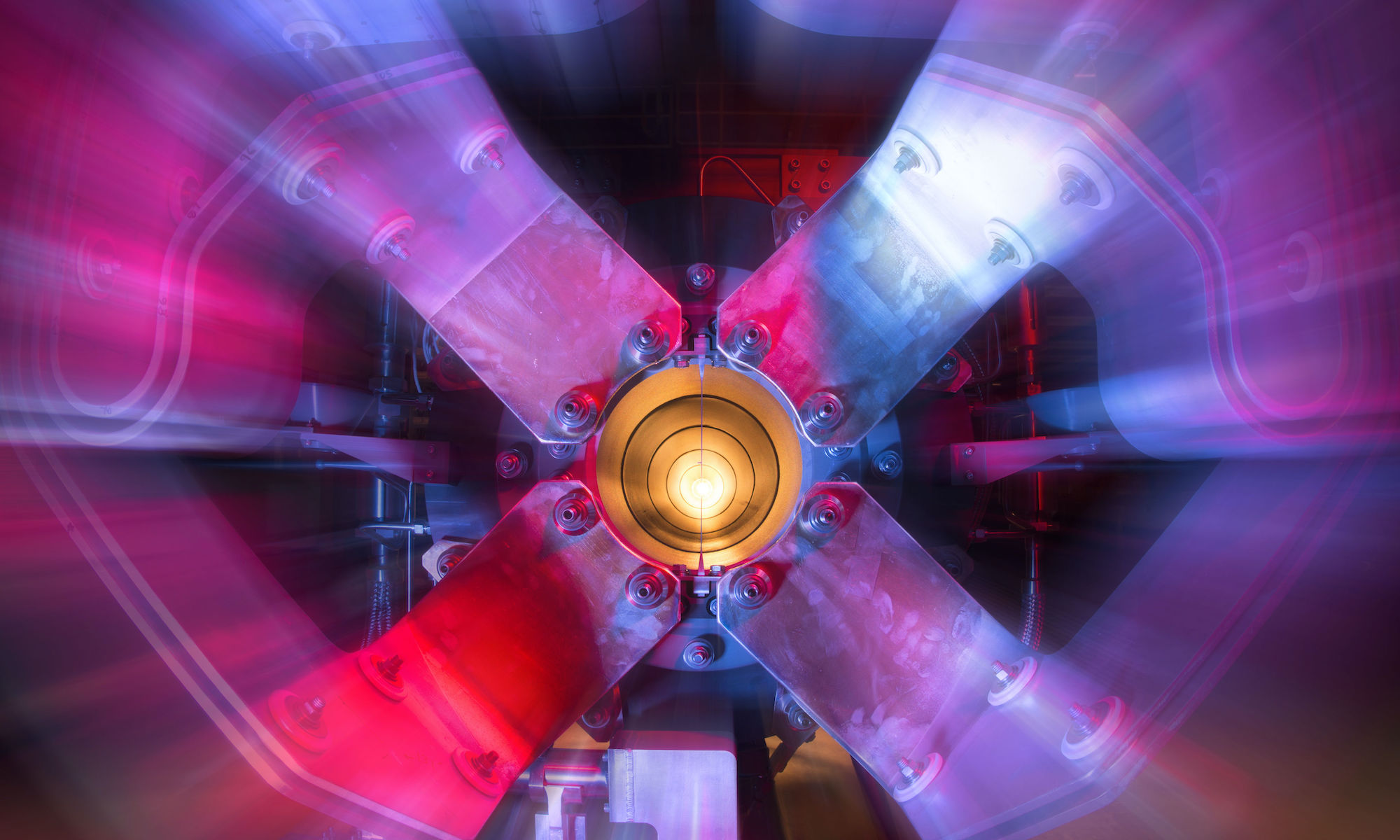
Rochester research with ‘ghostly’ neutrinos among Physics World’s breakthroughs of the year
Led by researchers from the University of Rochester, scientists from the international collaboration MINERvA have, for the first time, used a beam of hard-to-detect neutrinos to investigate the structure of protons.
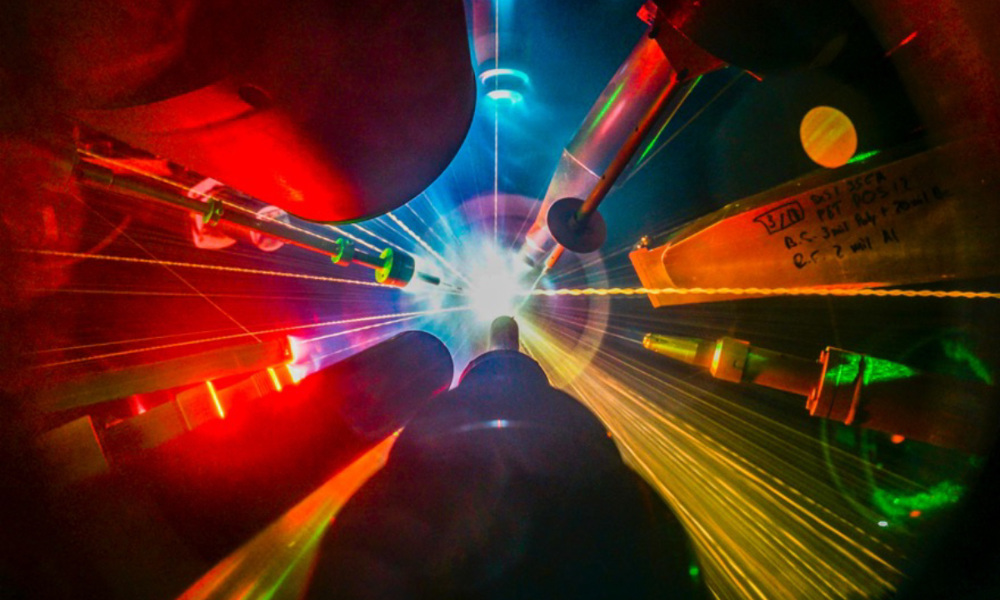
Rochester’s Laser Lab heads new national inertial fusion energy hub
Federal funding brings together experts to chart a viable path to realizing fusion energy as a clean power source.
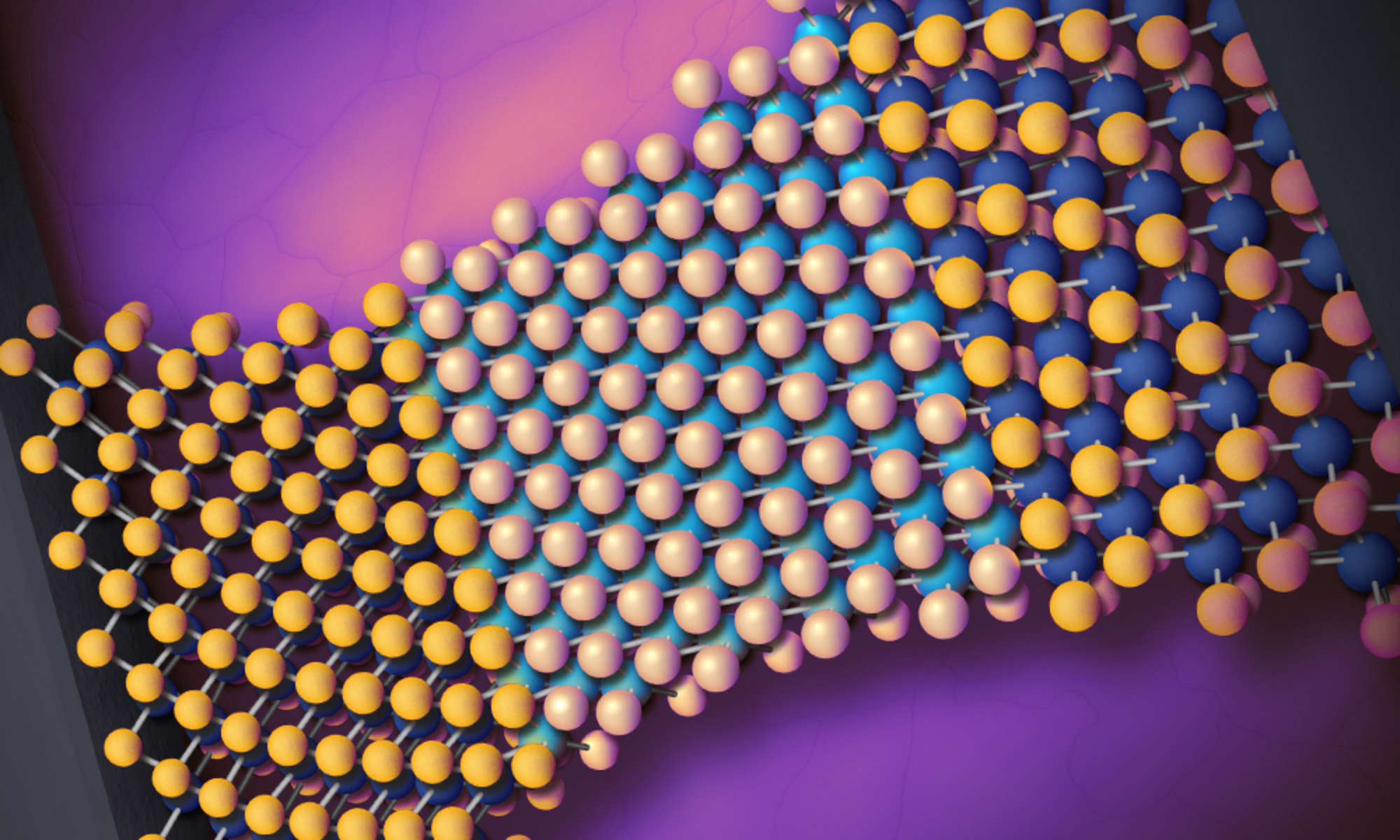
Straining memory leads to new computing possibilities
“We’ve combined the idea of a memristor and a phase-change device in a way that can go beyond the limitations of either device,” says Stephen Wu, an assistant professor of electrical and computer engineering and of physics.

How do living things use meaningful information to survive?
A team from the Department of Physics and Astronomy has applied the theory of semantic information to a realistic model capturing attributes of living systems—and found the critical point where information matters for survival.
